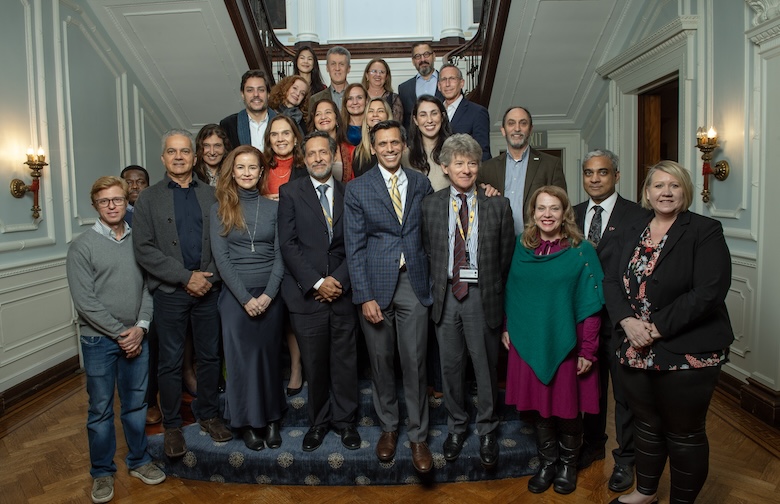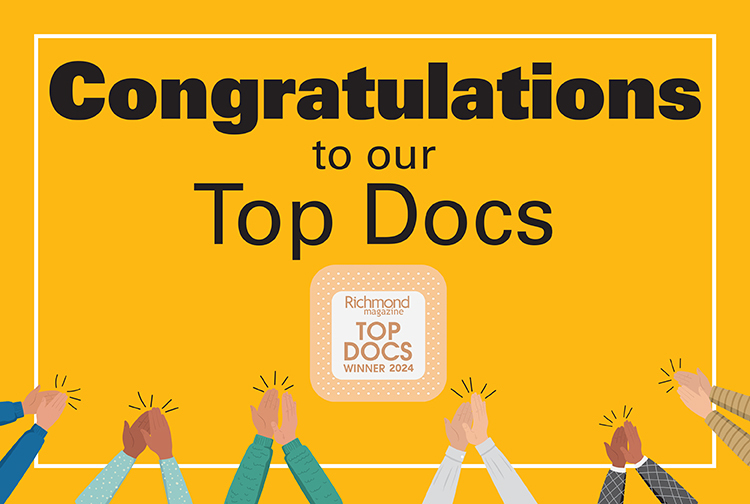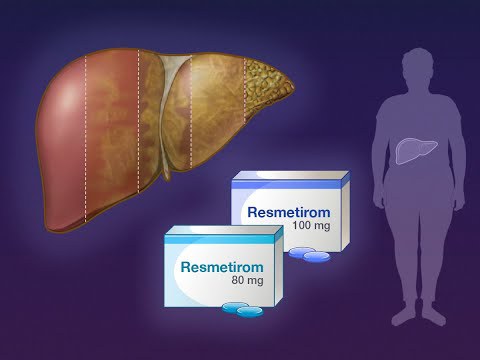
With a single shipment, VCU liver institute takes a major step toward becoming a hub for global research
Michigan company’s donation of 8,000 samples will help establish the VCU Stravitz-Sanyal Institute for Liver Disease and Metabolic Health’s biorepository as an international resource.
November 09, 2023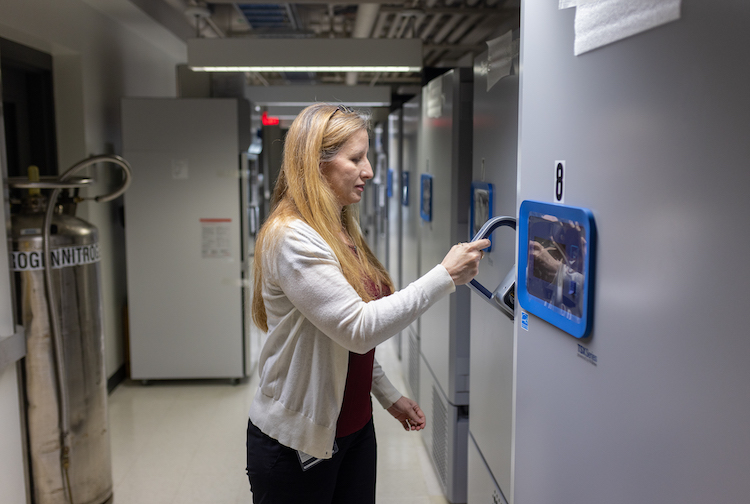 Jennifer Sayne was on her ninth day as the biorepository’s new director when the special delivery arrived. (Tyler Trumbo, MCV Foundation)
Jennifer Sayne was on her ninth day as the biorepository’s new director when the special delivery arrived. (Tyler Trumbo, MCV Foundation)
By A.J. Hostetler
When Jerry Colca and Arun Sanyal met in 2017 and collaborated on a therapy for liver and metabolic disease, they had no idea that their relationship would lead to a truly special delivery that would help propel the vision of a Virginia Commonwealth University liver institute onto the world stage.
Last month, Colca’s company, Cirius Therapeutics of Kalamazoo, Michigan, shipped nearly 8,000 samples from 642 liver patients to VCU’s Stravitz-Sanyal Institute for Liver Disease and Metabolic Health, which Sanyal leads. The donation is bringing to life one of Sanyal’s visions: establishing the leading biorepository to support global research into how liver disease progresses – and how to treat it.
“We want the institute to serve as an international platform to support translational studies in liver disease,” said Sanyal, M.D., whose pioneering research served as a foundation for the institute’s establishment in February 2022. He said he was “amazed” by, and grateful for, the Cirius donation – it will allow the institute, part of VCU’s School of Medicine, to perform research at a much more intense level, including on identifying potential biomarkers for liver disease.
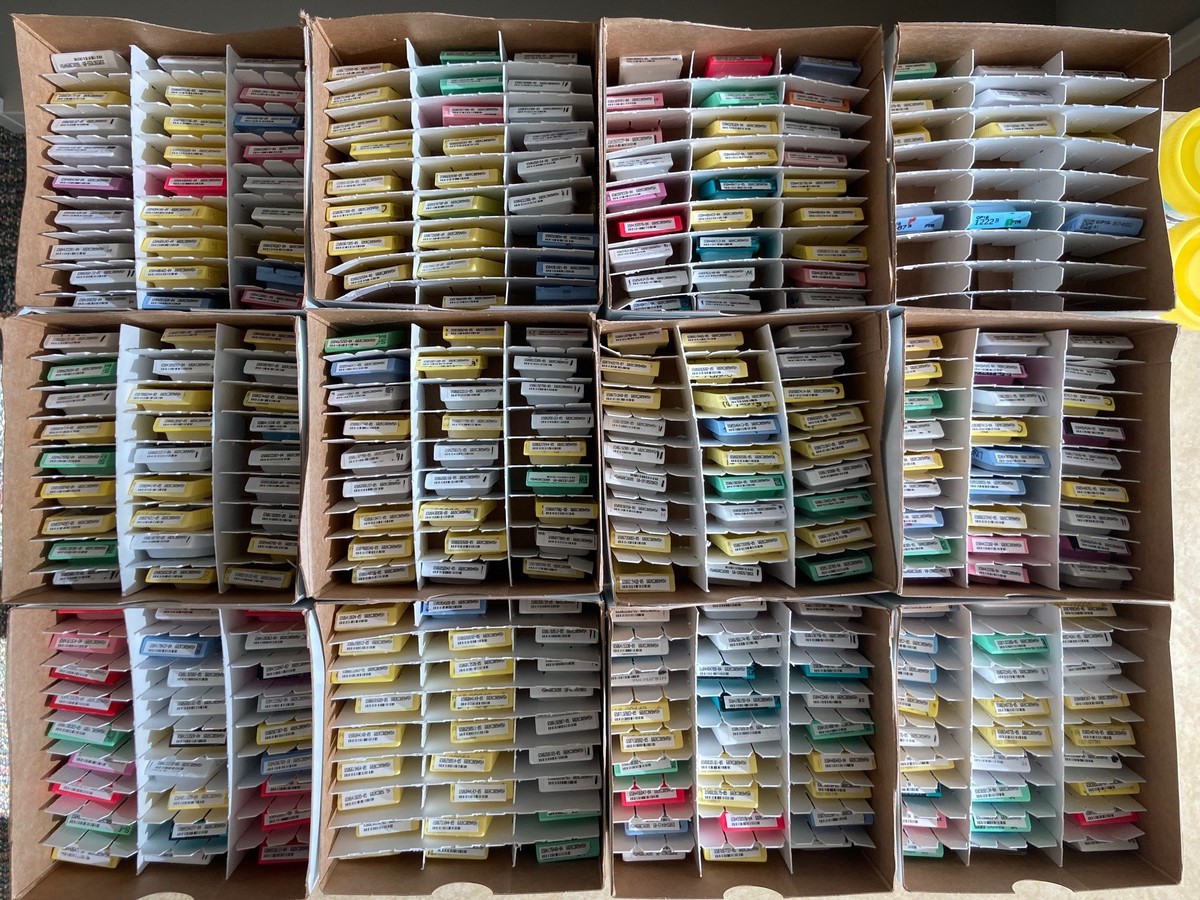
The biosamples gifted to the VCU liver institute include 6,223 units of plasma and sera, 311 blocks of tissue and 488 pathology reports. (Tyler Trumbo, MCV Foundation)
Colca, Ph.D., is co-founder and chief scientific officer of Cirius. He and Sanyal began discussing a donation soon after the VCU institute was created. They previously had done pre-clinical work on MSDC-0602K, a potential therapy for treating liver and metabolic diseases; Sanyal also was involved in the Phase 2b clinical study of the experimental compound, which is a new-generation insulin sensitizer.
Although the clinical trial ended, “we have a lot of information left in those samples, and that’s why I wanted Dr. Sanyal to have them,” Colca said. “I made this case to my colleagues at Cirius, and they agreed. It just seemed to me that the best case is we would collaborate with the institute.”
“I’m excited to be a part of something that is going to be transformative for the field,” he added.
The samples that arrived Oct. 10 were from patients who participated in the Phase 2b clinical trial of MSDC-0602K. The shipment – which had to be consolidated by LabCorp from 57 sites around the country before traveling to Richmond – contained 6,223 units of plasma and sera, 311 blocks of tissue samples embedded in paraffin blocks and 488 pathology reports.
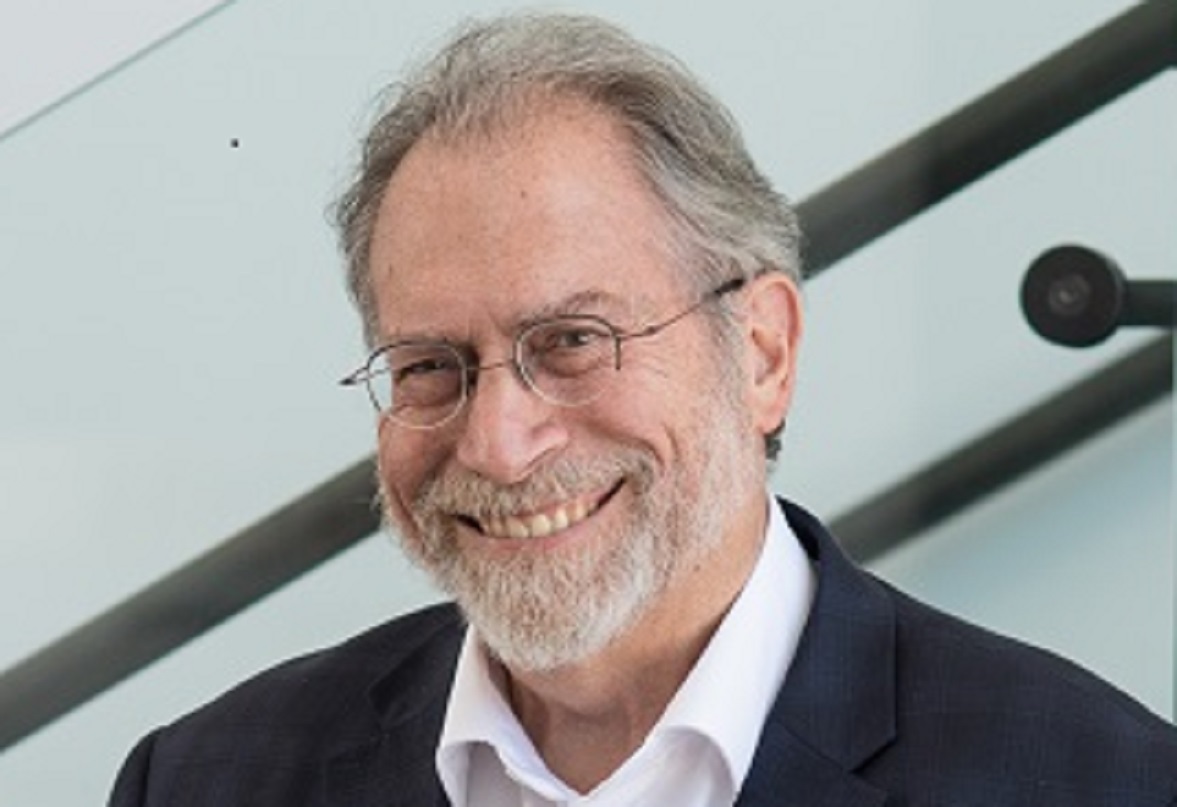
Jerry Colca, Ph.D., is co-founder and chief scientific officer of Cirius Therapeutics. (Contributed photo)
Jennifer Sayne was on just her ninth day as the biorepository’s new director when the special delivery arrived at VCU’s Molecular Medicine Research Building. The samples were immediately moved into some of the eight new freezers – they maintain a temperature of -112 degrees F – recently purchased for the biorepository, located on the sixth floor of the building on West Broad Street.
She said that with that single shipment, Sanyal’s vision took off.
“The biorepository as a hub for research activity beyond VCU had been an idea. The minute the samples arrived, we truly began our efforts to become a resource for hepatology research worldwide,” Sayne said. “It’s a really big gift, and it really shows the potential of what industry can do for academic research.”
Sanyal emphasized how VCU’s emergence as the hub of a global biosample network can propel science on a large scale.
“Our biorepository is the central engine that drives translational research at our center,” Sanyal said. “It is positioned to accept many types of samples and data from within and outside the VCU ecosystem to support discovery science and biomarker development, which should translate in to better therapeutics and diagnostics for patients with liver disease.”
With the Oct. 10 delivery, Sayne quickly set to work. She created an identification system for the samples – one without personal health or identifiable information – and began entering the samples into a database.
“This large database alone is going to be so valuable to liver researchers,” she said. “With data mining, we can look for patterns and trends. We’ll gain insights – one of the samples might lead to a cure, for example. It’s the true definition of a gift.”
She’s looking forward to filling the rest of those freezers.
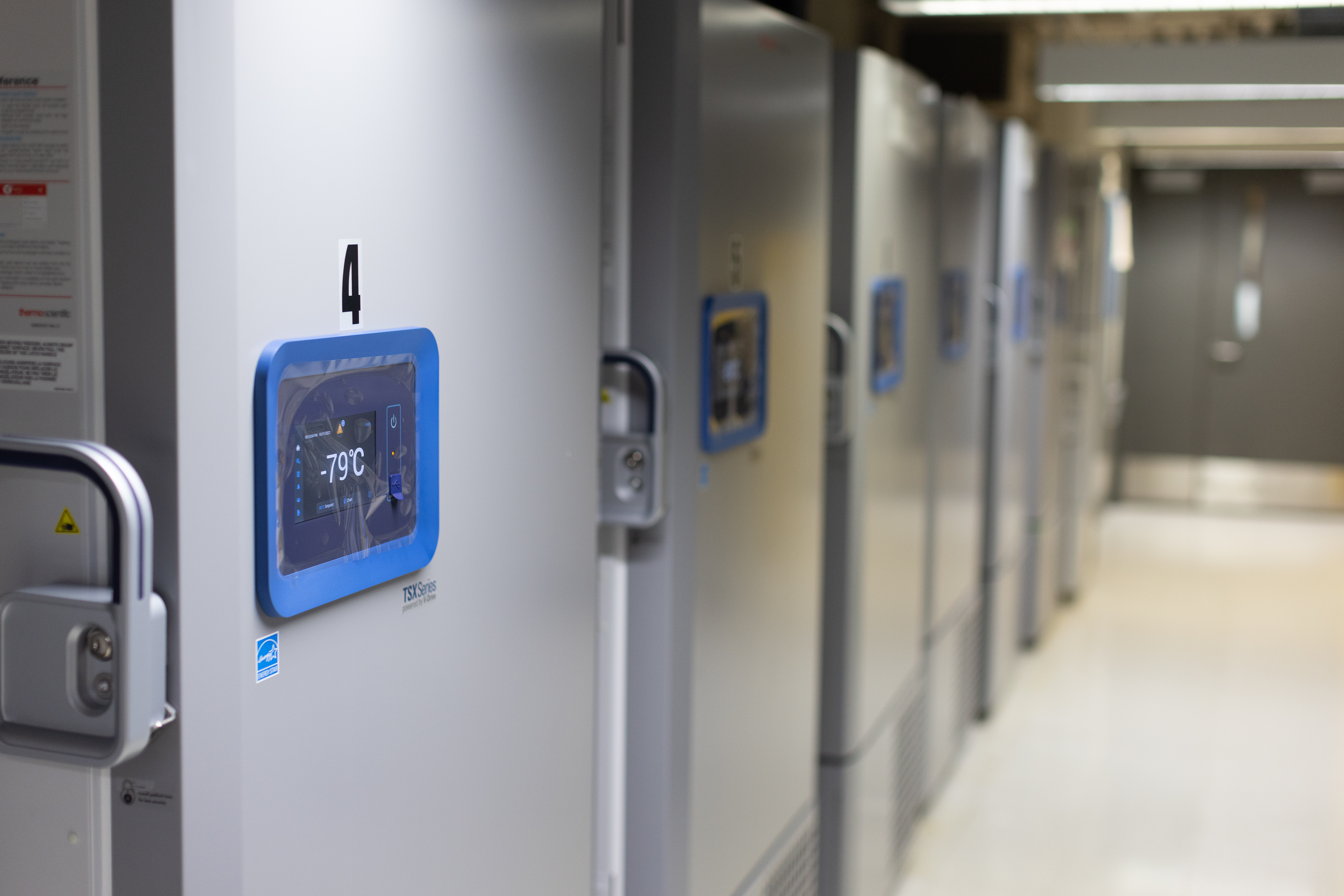
Freezers store the liver biosamples in VCU’s Molecular Medicine Research Building. (Tyler Trumbo, MCV Foundation)

